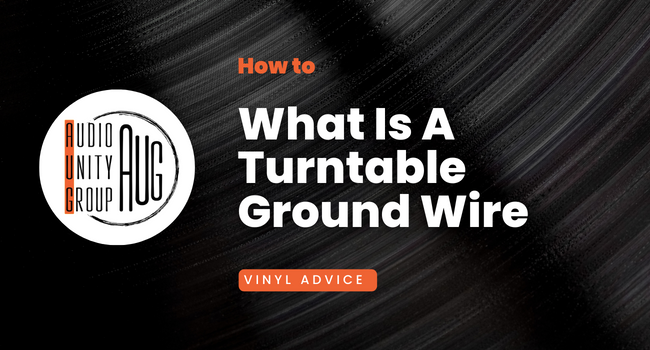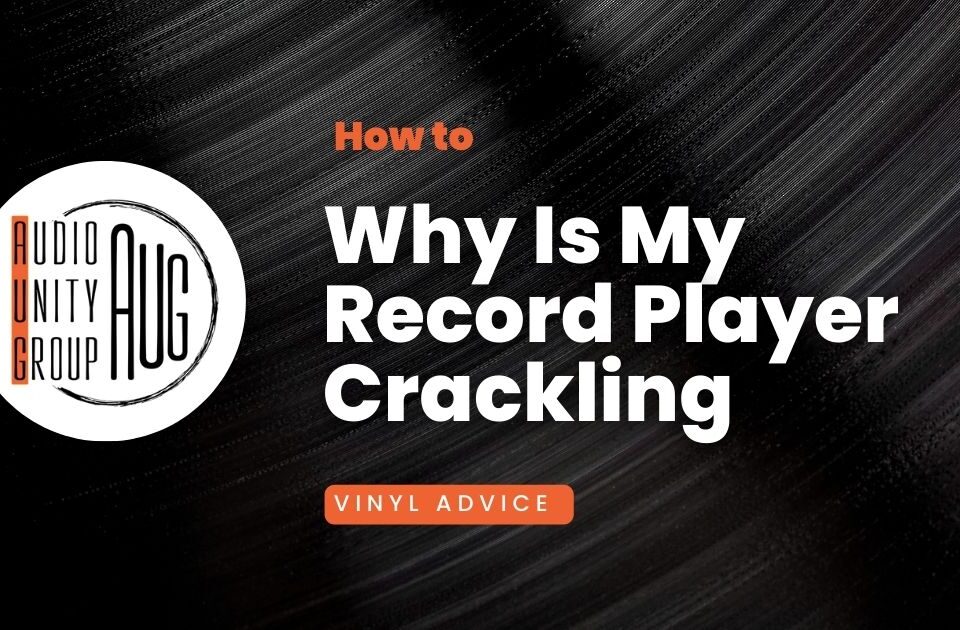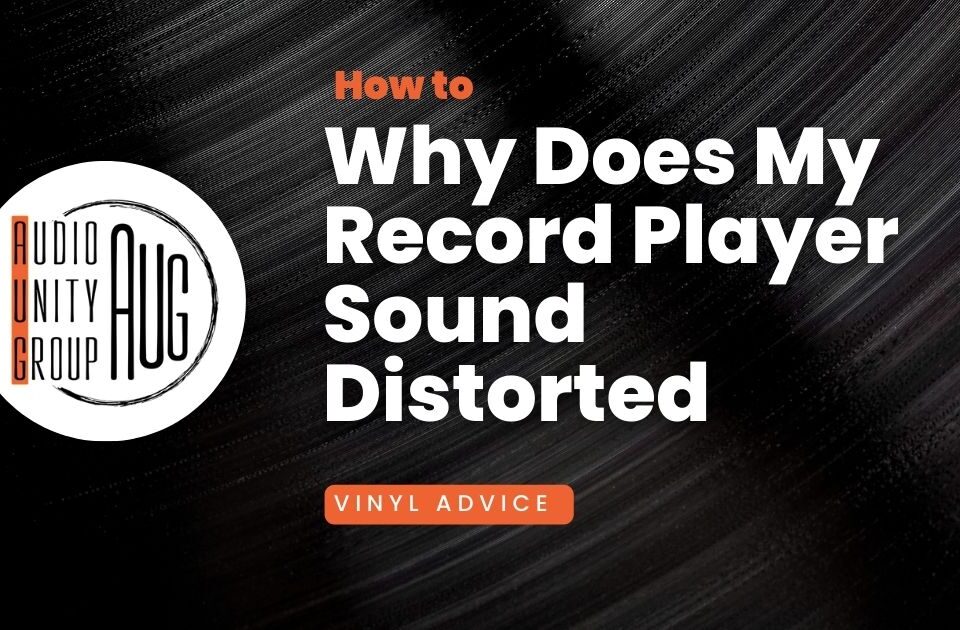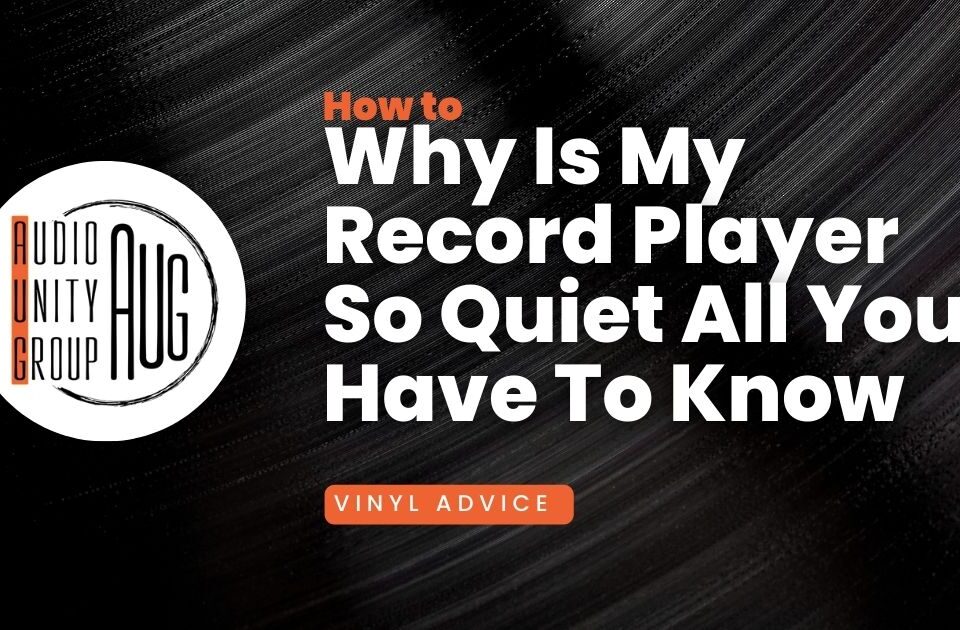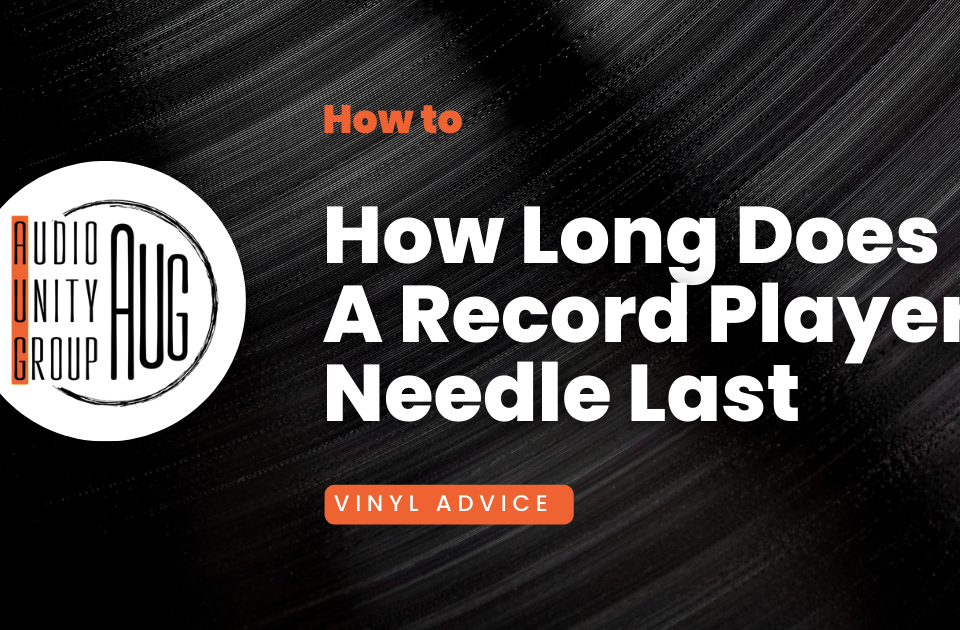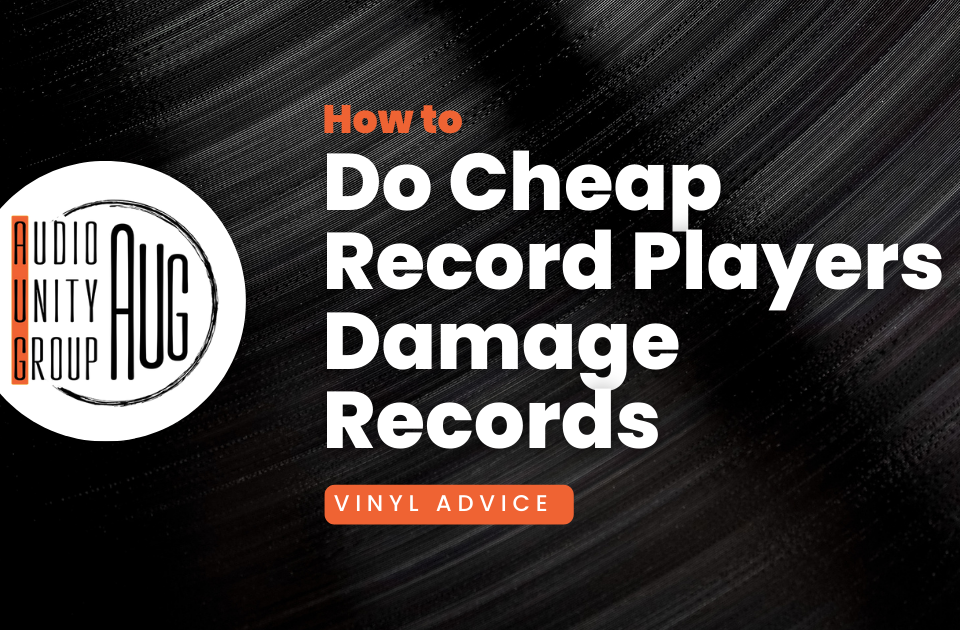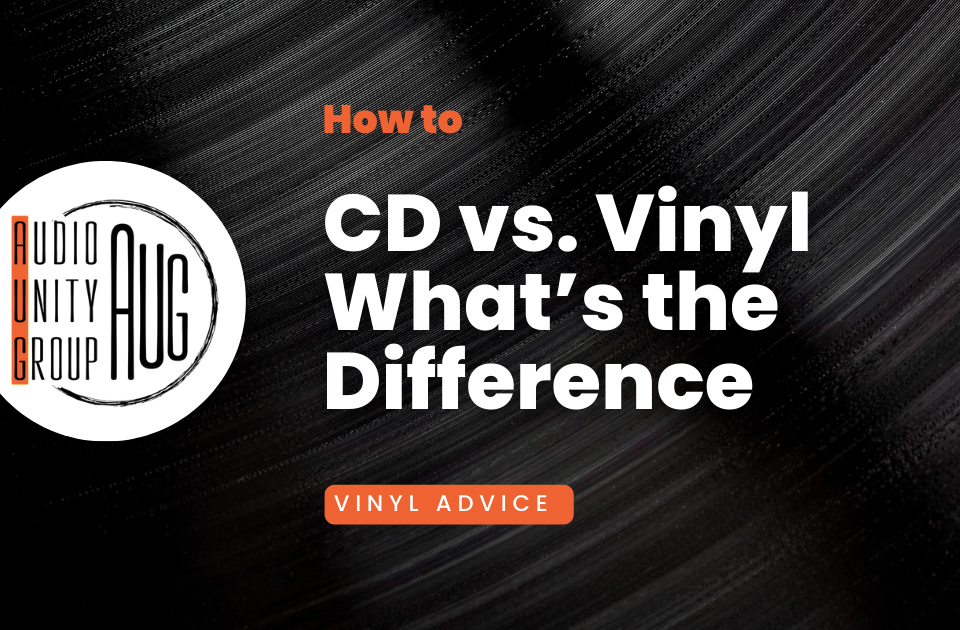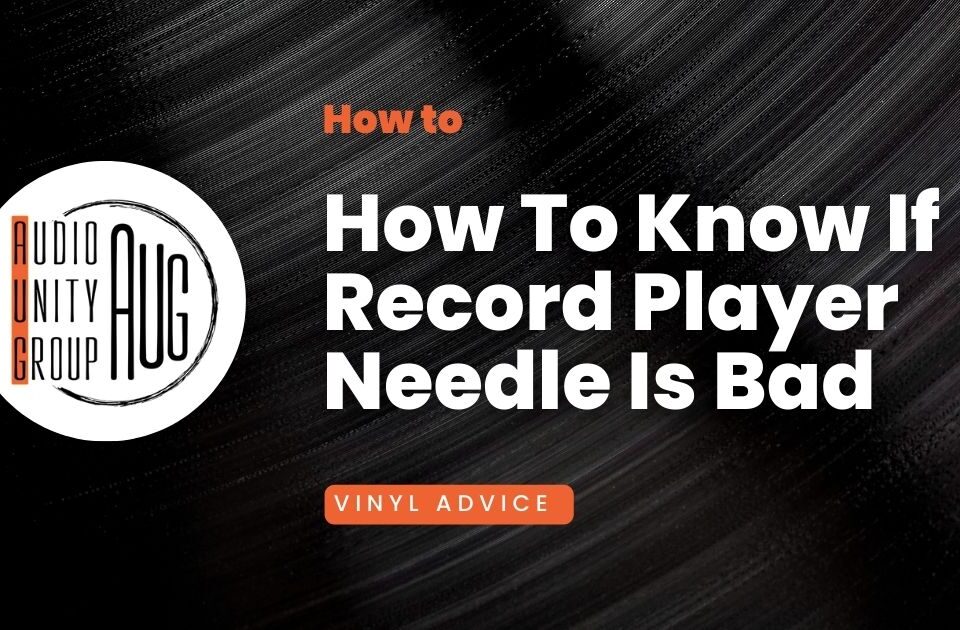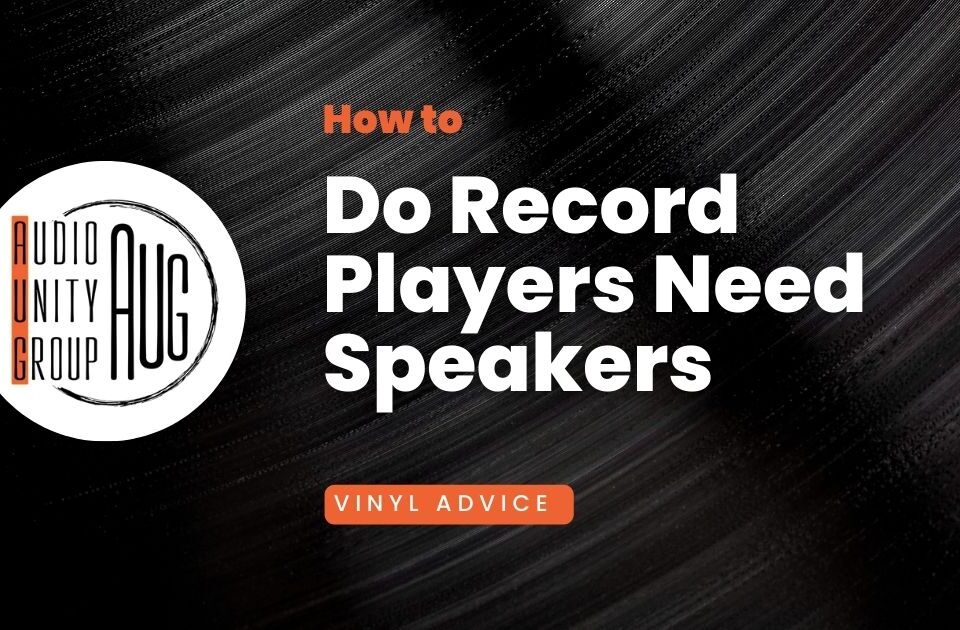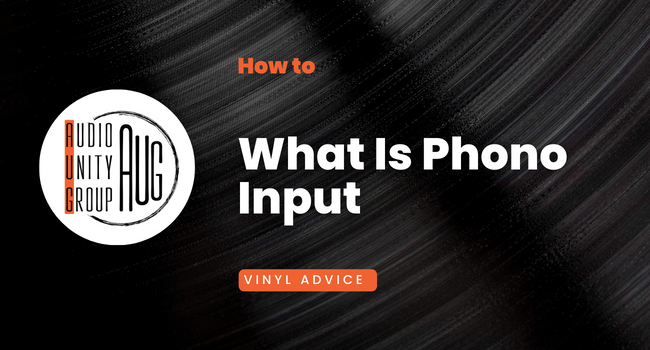
What Is Phono Input: The Ultimate Beginner’s Guide
April 28, 2023
How To Clean A Record Needle: Easy Ways To Clean Stylus
April 30, 2023Last Updated on June 9, 2023 by Tom S. Ray
What Is A Turntable Ground Wire
Do you own a record player and are wondering why your sound quality might be suffering? A turntable ground wire may be the key to improving it.
Connecting a ground wire is an essential part of setting up any good turntable record player, as it can help prevent humming and buzzing caused by electrical interference.
Having the right grounding cable and phono input will also improve sound clarity and protect against accidental shocks.
Understanding Turntable Ground Wire
A turntable ground wire is a thick, insulated cable that connects to the amplifier and record player in order to provide a path for unwanted electrical interference.
Definition And Purpose
A turntable ground wire is an essential component of a turntable setup that helps to improve audio performance, provide protection for equipment and cartridges, and eliminate hums produced by electrical interference.
It works as an earth or connection point between the cartridge within the turntable, the amplifier/receiver it’s connected to, and any other components in your system. The purpose of a turntable ground wire is simple: to link all these elements together so they are at equal voltage potential and create one unified circuit—in short, allowing signals from your amplifiers to reach the cartridge without interference.
How It Works
Grounding a turntable provides an extra layer of protection by forming a channel for any excess electricity or interference to pass through, rather than into and through the sensitive components of the turntable record player.
This is accomplished by connecting a grounding wire from the turntable chassis or metal post to either an amplifier’s ground terminal or directly to another electrical outlet on its own via a three-prong plug.
When the internal electronics within your record player come in contact with other pieces of audio system equipment like amplifiers, it introduces electricity that doesn’t belong there—this creates noise (hisses and hums) that needs somewhere else to go instead of interrupting your sound clarity.
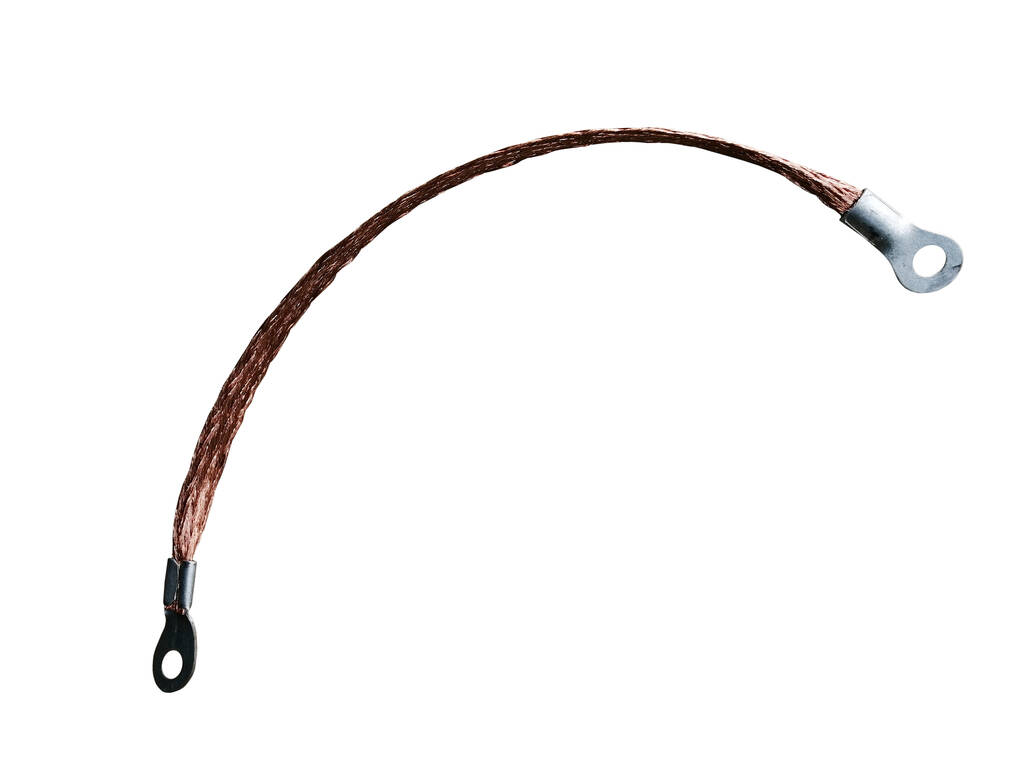
Importance And Benefits Of A Turntable Ground Wire
Installing a ground wire for your turntable will ensure the best listening experience, by protecting your equipment from electricity interference and providing superior sound quality.
Knowing the importance of grounding to improve the sound of your audio system is invaluable in unpacking what you can expect from any turntable.
Eliminating Noise And Hum
A turntable ground wire is essential for eliminating any unwanted noise or hum that can plague your listening experience. Without it, an electrical current can run through the body of a turntable record player, creating all kinds of interference.
The job of a ground wire is to act as a bridge between the grounded chassis connecting it to other components in order to create one single circuit which then eliminates any noise or hum caused by differences in voltage or external electromagnetic fields.
Preventing Electrical Interference
Using a turntable is a popular way for music lovers to enjoy their favourite vinyl records, however it’s important to consider the potential sources of electrical interference that can cause annoying hum and distortion.
Electrical noise can be produced by nearby electronics, including televisions and microwaves, but one of the most common sources of interference is ground loop: when an amplifier isn’t connected to a good grounding terminal or the turntable doesn’t have a grounding wire.
A good quality turntable ground wire can help eliminate this type of interference and produce better sound quality; it’s essential for preventing humming or buzzing sounds caused by electrical current flowing unchecked between components like your amp and your turntable.
Grounding an audio system starts with finding and connecting the ground wire from your amplifier’s metal chassis connection to those located on your record player. You’ll need to attach the ground wire directly (using bare wires) or with spade connectors or twist ties on both ends for best results.
Protecting Equipment And Cartridges
As a music lover, you know that good sound quality is essential for enjoying your records. Unfortunately, electrical hum and other noise can interfere with the enjoyment of your favourite tunes if proper grounding isn’t taken into consideration.
A turntable ground wire is one of the key components to setting up a turntable correctly and safely protecting both equipment and cartridges from damage.
The primary purpose of a ground wire is to eliminate any potential for an electric current passing through the record player’s cartridge. If this happens it can cause interference or even shock when touched due to static electricity buildup in some cases.
A proper grounded connection allows lightning, power outages, flicker noise caused by electronic equipment such as TVs and computers, etc., grounding them back into our homes’ power sources rather than passing through your gear—effectively preventing distortion which results from problems like “ground loop hum” (i.e., buzzing).
Additionally, many amplifiers don’t have their own dedicated ground wires it so having one connected to the chassis provides additional protection against external noise sources getting in.
Improving Sound Quality
A turntable ground wire plays an essential role in providing clean and distortion-free sound. Properly grounding the record player helps to eliminate noise, hum, and electrical interference which can adversely affect the audio quality.
The use of a preamp can improve the signal offered by your turntable for optimal performance. With an integrated cartridge connected using the appropriate speaker or phono cable, we ensure that our system delivers crystal clear music each time! A preamp also helps reduce any feedback out of signals caused by vibrations as well as unwanted noise interference picked up via other connections such as external power cables being routed through closeness of nearby components – all thanks to its built-in ground loop prevention feature.
How To Ground A Turntable
– Finding and Connecting the Ground Wire: The ground wire should be attached to the ground post or a chassis screw on the back side of the turntable.
Finding And Connecting The Ground Wire
Grounding your turntable is very important as it helps to reduce hum and other forms of interference in the music that you are listening to. To ensure an effective grounding, first locate the ground wire attached to the underside of your turntable – they typically come in green or black.
Depending on the brand, this could be a screw terminal connection, or sometimes just a simple twist tie. Next take one end and connect it firmly (or attach using gaffer tape) either directly to a screwed-down metal chassis on your amplifier or receiver, or at least if not within 6 inches of this kindled connection point.
Using A Preamp And Additional Ground Wires
When listening to music on turntables, it’s important to have the best sound quality possible. To do this, one of the most essential components is a ground wire. Ground wires are used to reduce unwanted noise and interference when playing records.
An additional option for improving sound quality even further with your turntable is to use a preamp as well as extra grounding wires.
To correctly connect the preamp and ground wired turntable you’ll need access to high-gauge stranded wire (anywhere between 16-24 gauge should suffice).
You’ll also need some basic tools such as a screwdriver and tweezers/pliers plus any other items necessary such as gaffer tape if required depending on where your equipment needs grounding – usually found below decks or within sub bass enclosures etc In order secure your connection points tightly.
Take one stripped end of the new wire you have acquired – attach it securely with pliers / tweezers firstly onto your amplifiers’ metal post marked “ground” , then take the opposite side – also secure it onto whatever terminal port may available either within or below a deck plate/ power supply unit/interconnect cable common connector etc at point closest attachments i had previously determined for newer desired ground loop solution should exist e.g. make sure all spade terminals made contact both sides- hence removing annoying hum once put there into practice.
If your system does not provide suitable attachment points don’t worry so much though – alternatively its perfectly fine too but unadvised slightly – Just use cookies instead no holds barred whatsoever here lol : )Use good old fashioned Gaffer Tape carefully wrap up each end together once connecting them together each other making sure they don’t short out amiss themselves easily safe measure X factor will conserve battery life over longer period times particularly…
Common Questions And Tips
Here’s what you need to know about common questions and tips related to turntables.
When it comes to finding the ground wire, be careful—ground wires usually do not look like other cables due to their green colour or the writing on them that say “GND” or “Ground.”
If your turntable doesn’t have a ground pin, make sure there isn’t an unconnected copper spade connector tucked away in some corner of your equipment.
Just like with safe storage of your record collection, ground wire is a form of protection.
All in All
Grounding a turntable is an important step for music lovers looking to enjoy the highest quality sound without any annoying hums or distortions. Ground wires provide a path for unwanted electricity to travel back to the electrical panel, eliminating noise and protecting valuable audio equipment from damages often caused by electric shocks.
By securely connecting a ground wire between the turntable and amplifier with proper materials like 18-22 gauge insulated wire, gaffer tape, twist tie, and screw terminals properly tightened down using insulated pliers; listeners can protect their records players while enjoying optimal performance output every time they put on a record.
Thanks for reading.
Tom
FAQ
What is the function of a ground wire in a record player?
The ground wire in a record player is responsible for connecting the metal turntable chassis to the ground potential, which helps eliminate any interference, electrical noise, and ground hum from the audio signal. This connection ensures the sound quality of the output speaker is clear and uninterrupted.
How do I properly ground my new turntable?
To ground your turntable, first, locate the grounding wire’s copper spade connector at the end of the wire. Then, connect it to the “ground” terminal (usually marked “ground”) on your amplifier or receiver. If your amplifier doesn’t have a grounding terminal, you can use an alternative method like connecting the turntable’s grounding wire to a bare metal point on the amplifier’s chassis.
Why am I still experiencing ground hum even after grounding my turntable?
This may be caused by a “ground loop” issue, which occurs when there’s more than one path to ground, creating interference. Another reason could be a bad connection between the grounding wire’s copper spade connector and the amplifier. To fix this issue, make sure the grounding wire is properly connected and check for any broken or damaged wires.
Do all turntables require a ground wire?
No, not all turntables require a ground wire. Many modern turntables come with built-in grounding features, making an external ground wire unnecessary. However, some older turntables or models without these built-in features will still need a separate ground wire to prevent ground hum and ensure optimal sound quality.
How do I locate the ground wire on a record player?
The ground wire can be found on the underside of the turntable’s chassis. It typically has a copper spade connector at the end of the wire, making it easy to identify. You may need to remove the turntable platter to access the ground wire.
What if my amplifier doesn’t have a grounding terminal?
If your amplifier doesn’t have a grounding terminal, you can try connecting the turntable’s grounding wire to a bare metal point on the amplifier’s chassis or using a grounding adaptor. This should create a suitable ground connection and help reduce any ground hum or interference.
How do I ground a record player without a ground wire
If your turntable doesn’t have a ground wire or has a built-in grounding feature, simply follow the manufacturer’s instructions for connecting your turntable to your amplifier. Most modern turntables come with built-in grounding features that don’t require a separate ground wire.
How can I ground a turntable without an amplifier?
In cases where an amplifier is unavailable or unnecessary, you can connect the turntable’s grounding wire to a metal object with a connection to the ground potential, like a grounded metallic conduit or electrical outlet screw. However, connecting the turntable’s grounding wire directly to an amplifier or receiver is the most reliable method.
Should my ground wire be tight or loose?
Ensuring a proper connection between the ground wire and the grounding terminal on an amplifier is important for optimal sound quality. A good connection often involves tightening the connection securely with the grounding wire’s copper spade connector. A loose connection may result in ground hum or interference.
Can I make my own ground wire for a turntable?
Yes, you can make your own ground wire by using a piece of insulated wire with a stripped end, then connecting a spade connector to the stripped end. Attach the spade connector to the turntable’s chassis, and then connect the other end of the wire to the ground terminal on your amplifier or receiver to ground the turntable properly.



